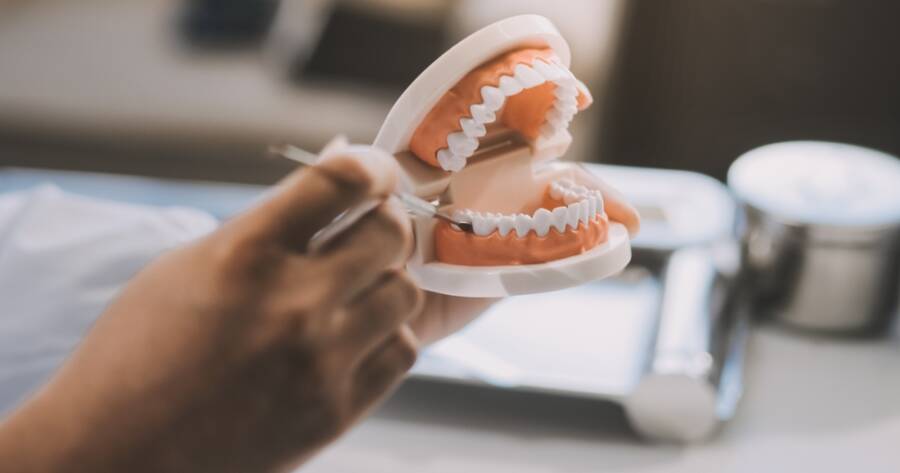Dental implants have become a popular solution for replacing missing teeth, offering advantages that could improve both oral health and quality of life. However, the benefits of dental implants might not apply equally to everyone, as their effectiveness often depends on individual circumstances. By understanding the potential benefits and considering specific conditions, patients and dental professionals can determine whether implants could be the right choice.
What Are Dental Implants?
Dental implants are artificial tooth roots made of titanium or other biocompatible materials. They are surgically placed into the jawbone to provide a stable foundation for replacement teeth, such as crowns, bridges, or dentures. If properly maintained, implants could last for decades, potentially making them a durable and reliable option for restoring missing teeth.
How Could Dental Implants Improve Oral Health?
One of the primary advantages of dental implants is their ability to preserve jawbone health. When a tooth is lost, the underlying bone might begin to deteriorate due to lack of stimulation. Implants may help prevent this by mimicking the function of natural tooth roots, promoting bone growth and maintaining facial structure. However, this benefit could depend on whether the implant is placed soon after tooth loss, as prolonged bone loss might make the procedure more complex or less effective.
Additionally, dental implants could support surrounding teeth, helping to maintain proper alignment. In contrast, other tooth replacement options, such as removable dentures, might not provide this stability, which could lead to shifting teeth over time.
Could Dental Implants Improve Functionality?
Dental implants are designed to function like natural teeth, potentially allowing patients to eat, speak, and smile with confidence. Unlike dentures, which might slip or feel uncomfortable, implants are securely anchored, reducing the likelihood of discomfort during daily activities. However, the extent of this benefit might depend on factors such as the patient’s overall oral health, the skill of the dental surgeon, and the quality of the implant materials.
For individuals with multiple missing teeth, implant-supported dentures could offer improved stability compared to traditional removable dentures. This might enhance chewing efficiency and overall comfort, particularly for those who struggle with ill-fitting prosthetics.
What About Aesthetics?
For many, the aesthetic appeal of dental implants could be a significant advantage. Implants are custom-designed to blend seamlessly with natural teeth, potentially improving the appearance of a person’s smile. This could boost self-esteem and enhance social interactions. However, achieving these results might require careful planning and collaboration between the dentist and patient.
Are Dental Implants Right for Everyone?
While dental implants offer many benefits, they might not be suitable for everyone. Candidates typically need sufficient jawbone density to support the implant and good overall oral health. Conditions such as uncontrolled diabetes, gum disease, or smoking could interfere with the success of the procedure. In such cases, alternative treatments might be recommended.
Learn More
Dental implants could offer a range of benefits, from improved oral health and functionality to enhanced aesthetics. However, their suitability often depends on individual factors, including health conditions and bone structure. By consulting with a dental professional, patients could determine whether implants might be the ideal solution for restoring their smile and confidence. For those who qualify, dental implants could provide a long-lasting and life-changing result.

